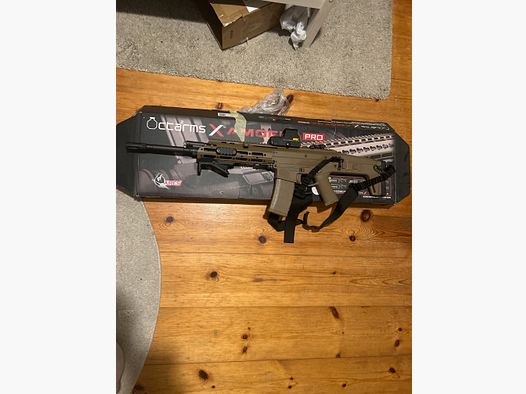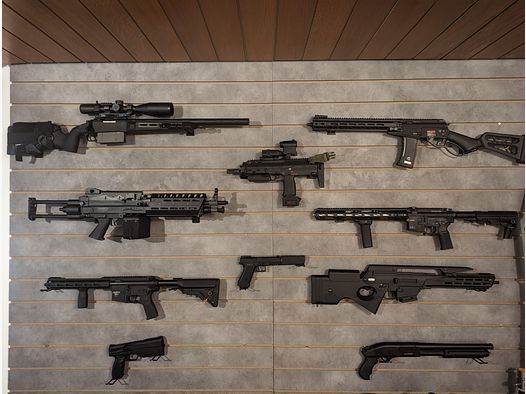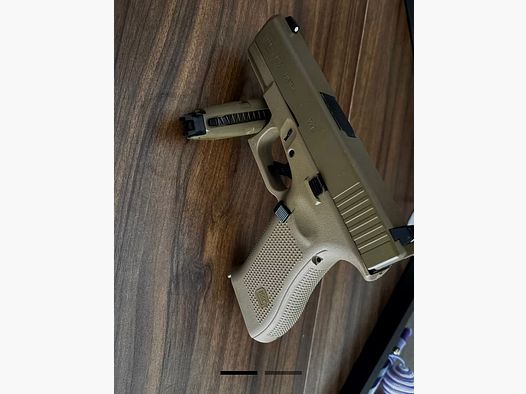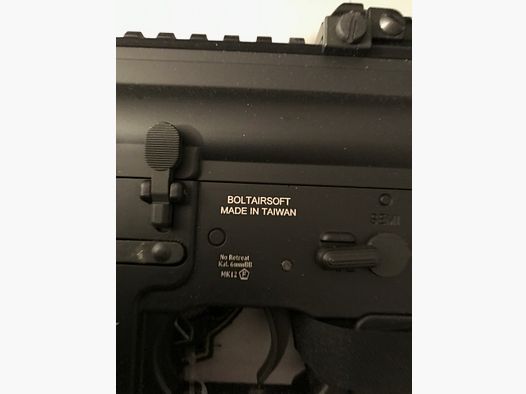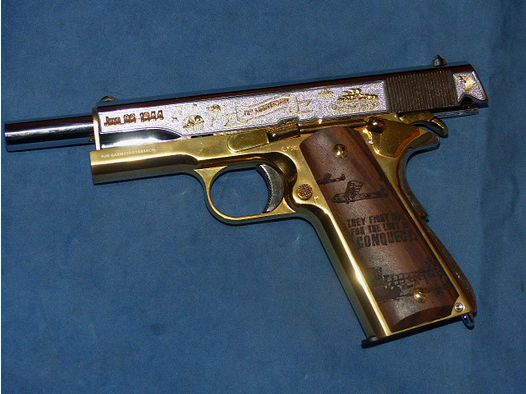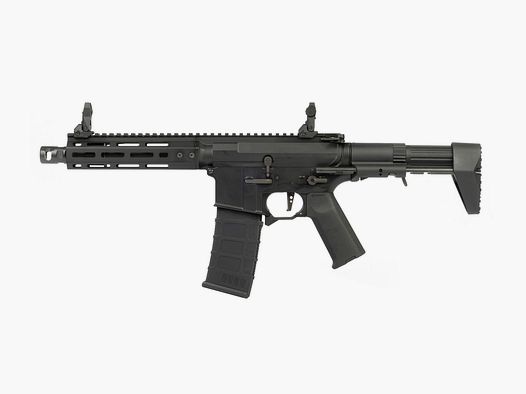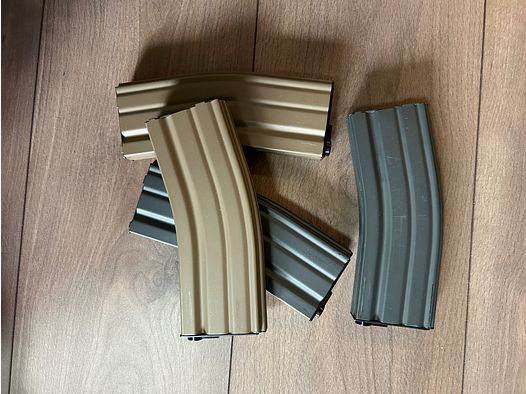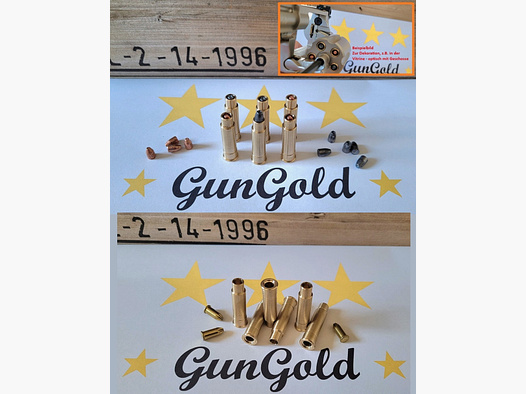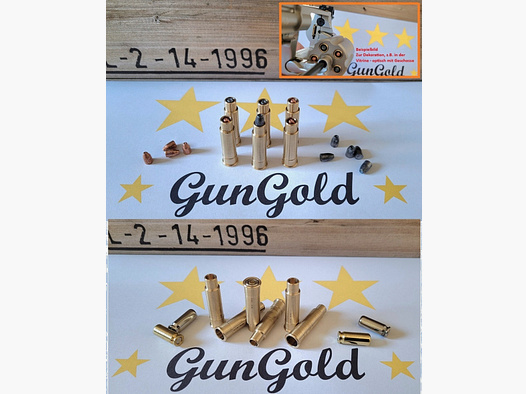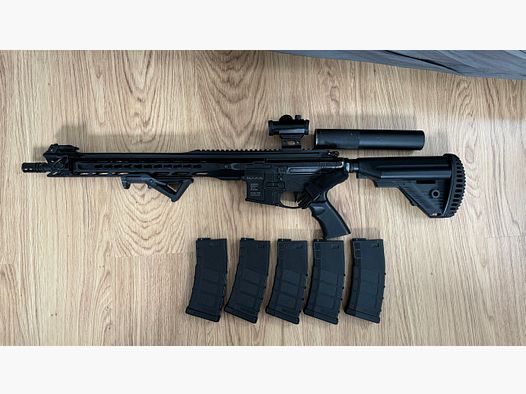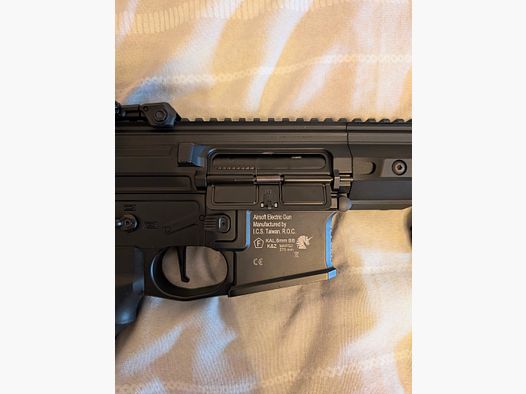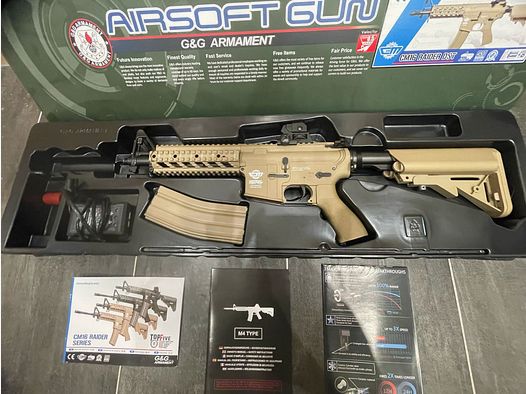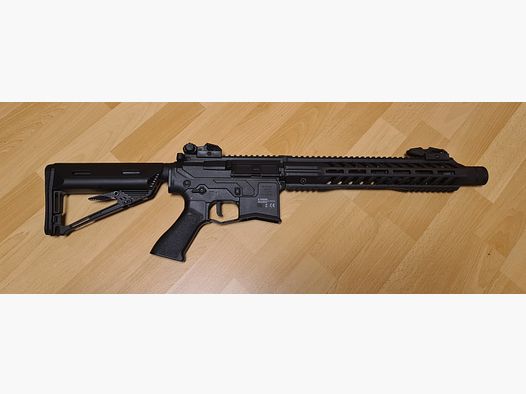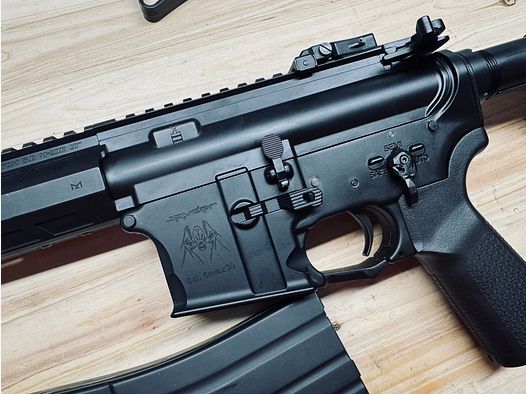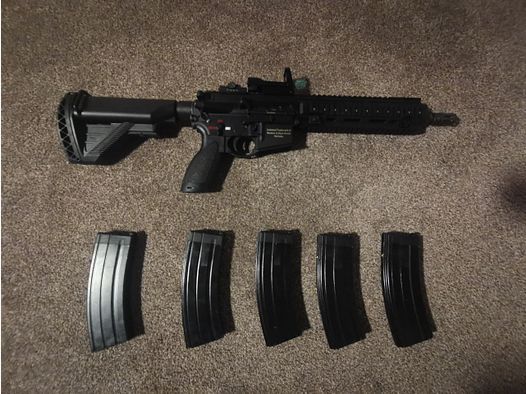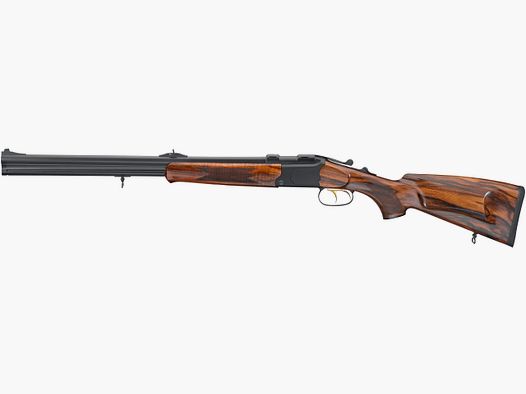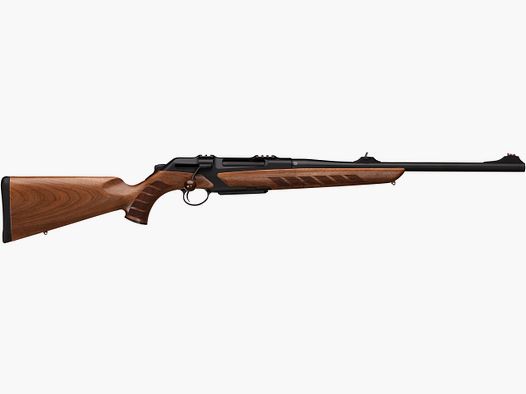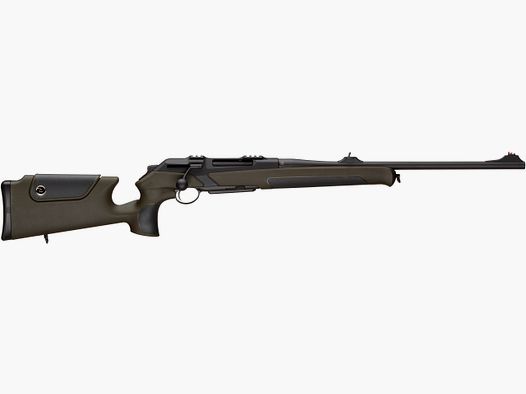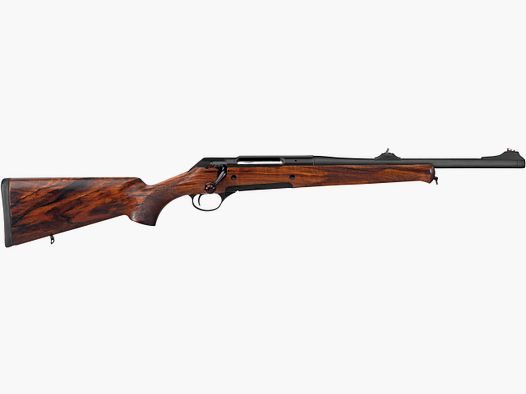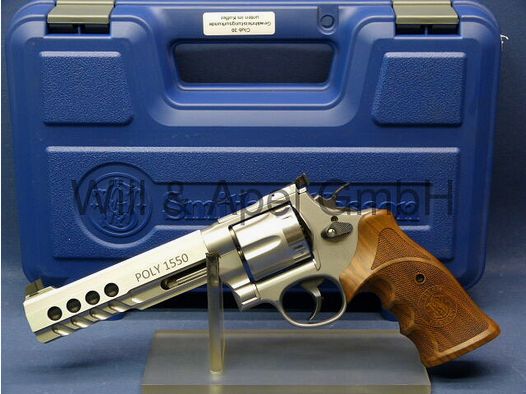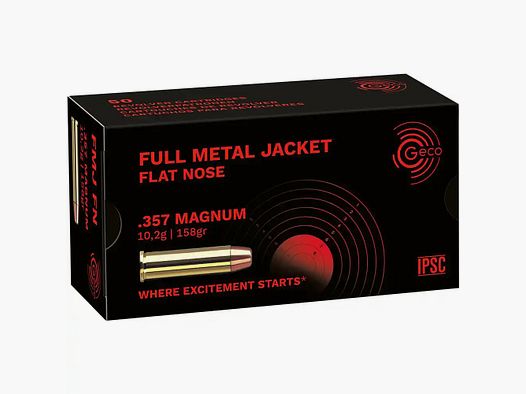Airsoft, also known as Softair, is gaining increasing popularity in Germany. This sport, which focuses on tactical terrain play, is similar in its group concept to paintball or laser tag. The softair guns used, which are mainly modeled after tactical handguns, vary in price from about 100 euros to several thousand euros. A significant difference from paintball and laser tag is that hits must be called out by the players themselves, as the fired pellets do not leave visible marks on clothing. This rule, along with the high level of detail in the equipment and regular exchanges among players, promotes social interaction and fairness in the game. Modern airsoft guns are characterized by precision that allows for accuracy at distances of up to one hundred meters, which further increases the sporting challenge.
In addition to the social component and the tactical element, airsoft offers an excellent opportunity for physical exercise and promotes strategic thinking. Players must not only react quickly but also act proactively, encourage teamwork, and coordinate their movements, making the sport particularly dynamic and exciting.
Legal Aspects of Airsoft Guns
Airsoft guns used in tactical terrain play fall under the category of air pressure and spring-operated weapons. These are often licensed, realistic replicas of real firearms that do not cause life-threatening injuries. The guns fire round pellets, usually made of plastic, with a diameter of 6 mm, using spring pressure, gas, or electromechanical air pressure systems. Due to their realistic appearance, these weapons are considered imitation weapons and are subject to special legal regulations.
Since airsoft guns closely resemble real firearms, they are classified as imitation weapons and are subject to specific regulations under German firearms law. Carrying them in public is prohibited. Imitation weapons must be transported in a closed container, such as a case or a sealed box. This is for safety and to avoid misunderstandings with the public or the police.
Toy firearms with a kinetic energy of no more than 0.5 joules are not subject to the firearms law, except for the regulations regarding imitation weapons. Softair guns that fire projectiles with an energy of less than 7.5 joules but more than 0.5 joules may be sold to persons aged 18 and over and must be marked with an "F" in a pentagon. The transport and use of such weapons is only permitted on private property or on special airsoft playing fields without a firearms license. This protects both players and bystanders.
Buying Recommendations for Airsoft Guns
When purchasing an airsoft gun, one should first clarify their own requirements. The market offers a variety of licensed replicas, ranging from modern assault rifles to historical weapons. The decision for a weapon should consider both the desired projectile energy and the intended area of use. It should be noted that higher projectile energies require a greater safety distance.
Spring-operated guns are particularly suitable for sniper roles, as they mimic the reality of manual reloading. Gas-operated and electromechanical systems are suitable for pistols and assault rifles that are fired more frequently. Additional features such as the blow-back system increase realism by simulating recoil with each shot. A hop-up system, which gives the projectiles a backspin, improves the trajectory and range of the pellets.
The quality of materials is also a crucial factor; metal components are often more robust and authentic than plastic parts. The best deals can be found on our site Gunfinder, as we search the major retailers and are also the most modern and fastest-growing marketplace for both free and regulated firearms.



